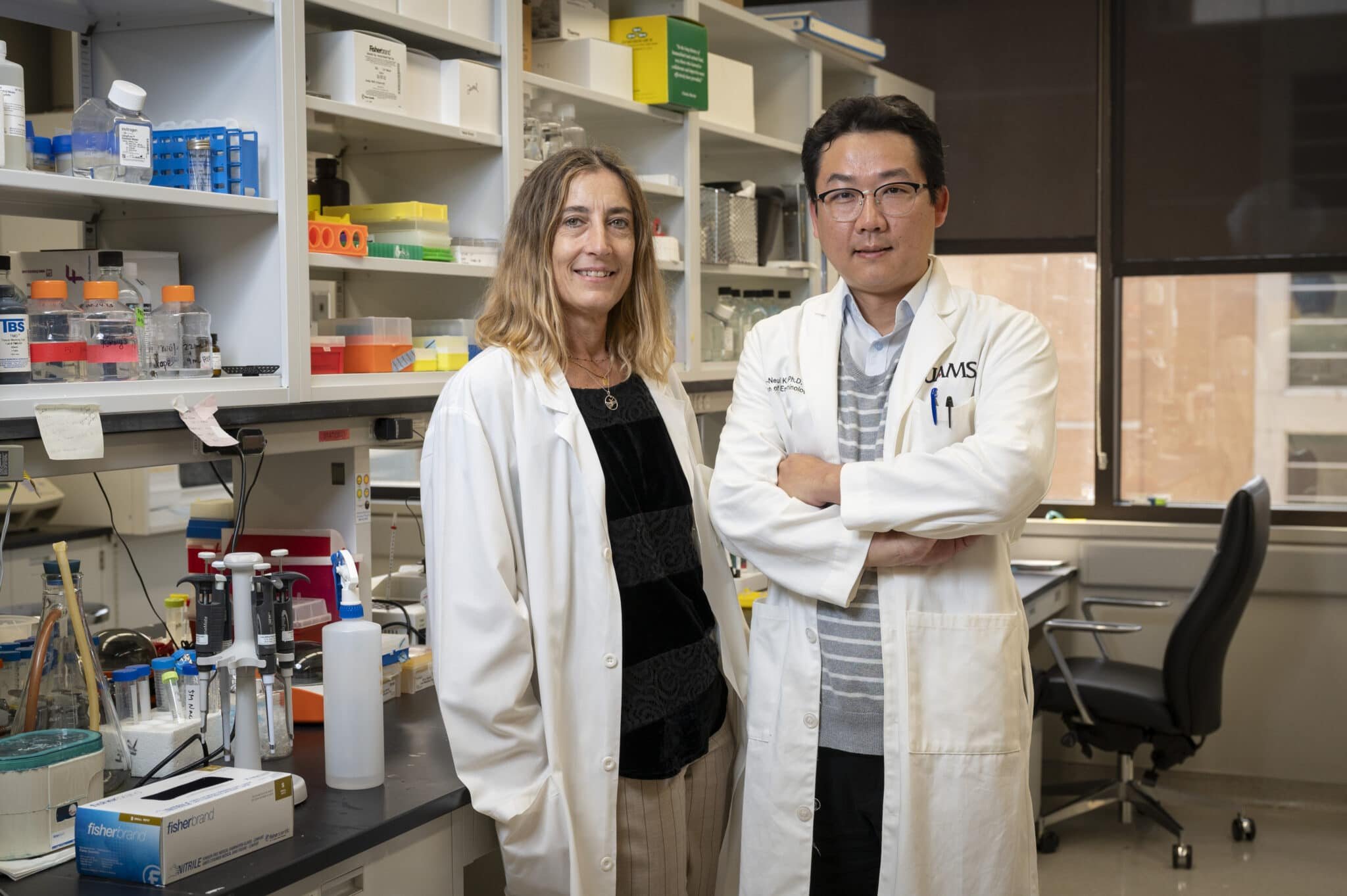Rogers, AR—October 23, 2024…Congressman Steve Womack (AR-3) hosted National Institutes of Health (NIH) Director Monica Bertagnolli, M.D., in the River Valley on Monday and in Northwest Arkansas on Tuesday. Congressman Womack, Director Bertagnolli, and Senator John Boozman (R-AR) visited medical organizations, gained a comprehensive understanding of the region’s medical needs, and saw the partnership between the NIH and local healthcare in action.
Congressman Womack said, “It’s important to bring Washington to Arkansas to ensure Third District Arkansans' needs are met and their voices are heard. I want leaders in our nation, such as Director Bertagnolli, to see the exciting medical research and advancements happening in the Third District while fully understanding the area’s healthcare needs. I’m grateful Director Bertagnolli took the opportunity to see firsthand the remarkable work of our local health providers, researchers, and partners. Senator Boozman and I look forward to a continued partnership with Director Bertagnolli to improve health outcomes for Arkansans.”
Director Bertagnolli said, “The entire community – academic institutions, public health departments, health care providers, businesses, and state and federal government – all play a critical role in making health better for everyone. It is so inspiring to see how Arkansas is working to address the needs of their communities on all fronts, and partnering to eliminate the extra health challenges this region is experiencing. I am so grateful to Congressman Womack and Senator Boozman for hosting me. I have learned so much and am eager to bring more health research to Arkansas. The talent and dedication I have witnessed here makes me sure that we will make tremendous progress.”
Senator Boozman said, “The collaboration in Northwest Arkansas and the River Valley as growing hubs for local and regional medical care as well as nationally recognized innovative research is a tremendous asset. NIH plays a critical role in funding this vital work through the grants and partnerships it supports that generate advanced treatments, cures and overall better outcomes in our communities. Congressman Womack and I were pleased to show Director Bertagnolli the impact of these investments and provide our medical professionals an opportunity to share their feedback directly with the leader of America’s premier health research organization.”










